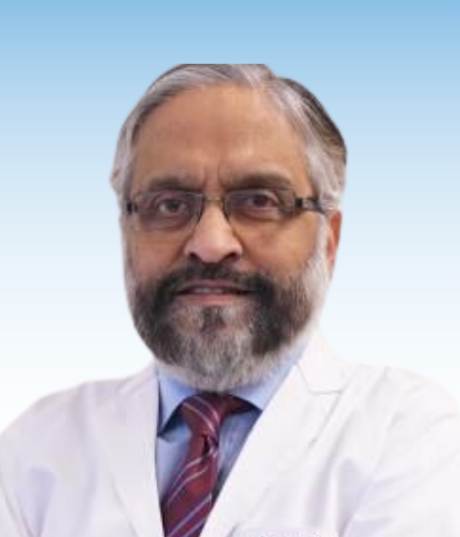Endocrinology
Endocrinology is a medical specialty that focuses on the diagnosis, treatment, and management of disorders related to hormones and the endocrine system. Endocrinologists are healthcare professionals who specialize in this field and work in various healthcare settings, including hospitals, clinics, and specialized endocrinology centers.
The endocrine system is responsible for regulating and controlling various processes in the body through the production and release of hormones. Hormones are chemical messengers that travel through the bloodstream and act on target organs or tissues to maintain proper bodily functions and balance. Endocrine disorders can occur when there are imbalances in hormone production, secretion, or response.
Endocrinology hospitals are specialized medical centers that provide comprehensive care for patients with endocrine disorders. These hospitals have dedicated departments or units staffed by endocrinologists, as well as a multidisciplinary team of healthcare professionals, including nurses, dietitians, and diabetes educators, who work together to provide comprehensive care and support.
In endocrinology hospitals, endocrinologists evaluate patients, perform diagnostic tests, and develop personalized treatment plans tailored to each individual’s specific condition. They diagnose and manage a wide range of endocrine disorders, including diabetes mellitus, thyroid disorders (such as hypothyroidism and hyperthyroidism), adrenal disorders (such as Cushing’s syndrome and Addison’s disease), pituitary disorders, reproductive hormone disorders, metabolic disorders, and bone disorders.
Endocrinology hospitals offer various services to patients with endocrine disorders. These may include hormone level testing, imaging studies, fine needle aspiration (FNA) biopsies, hormone replacement therapies, specialized procedures (such as insulin pump management), and ongoing monitoring and management of chronic endocrine conditions.
In addition to the treatment of endocrine disorders, endocrinology hospitals often focus on patient education and self-management. They provide resources, counseling, and support to empower patients to understand their condition, make lifestyle changes, manage their medications, and achieve better overall health and well-being.


























